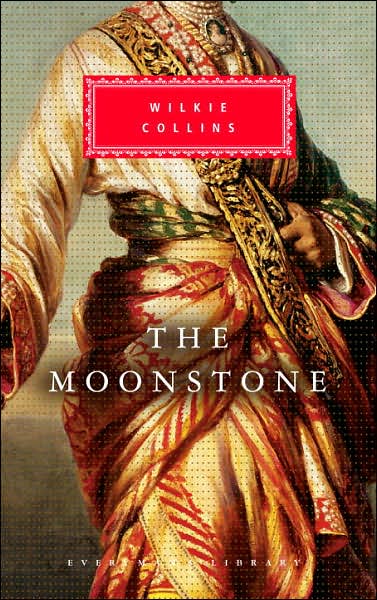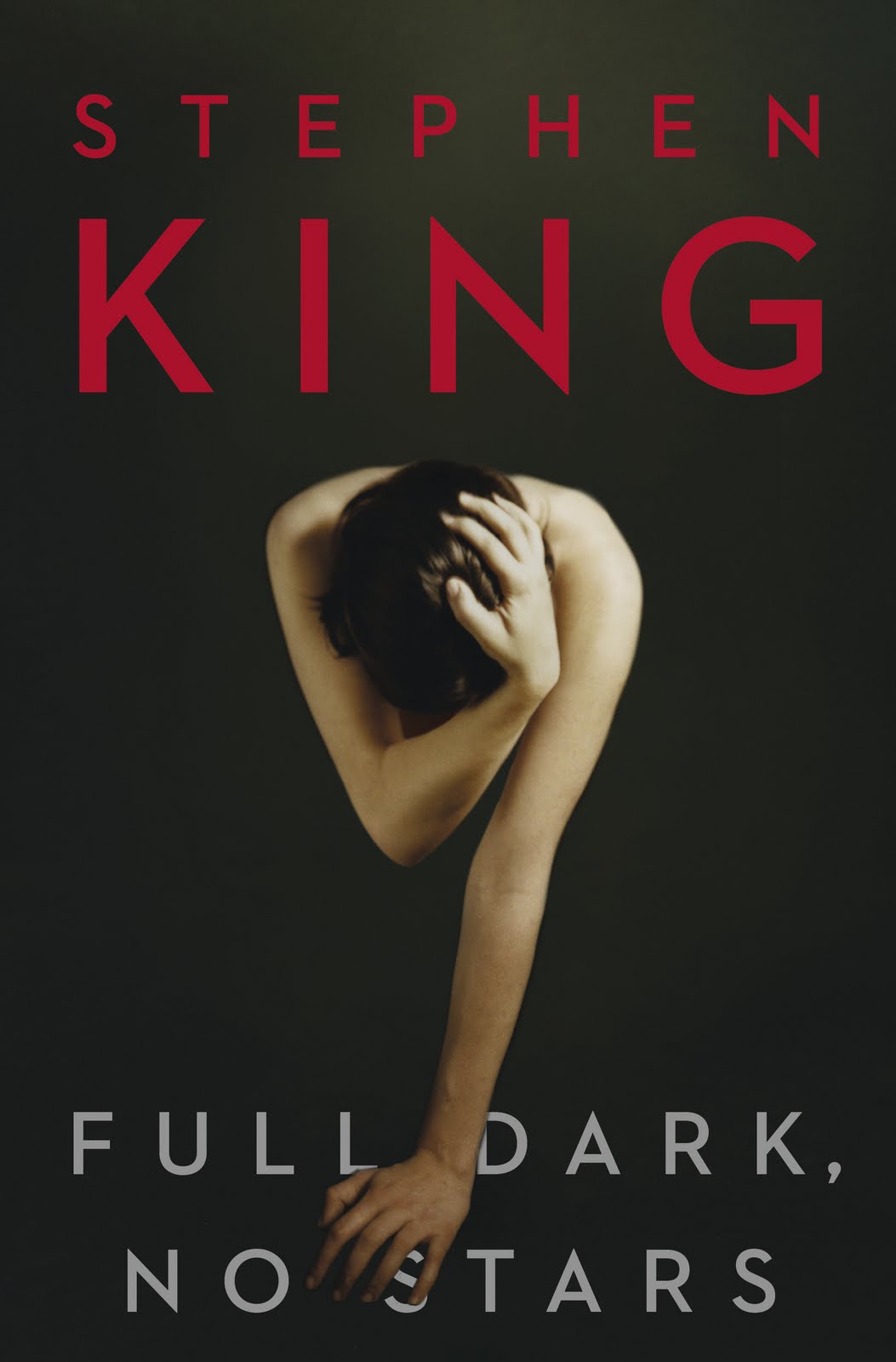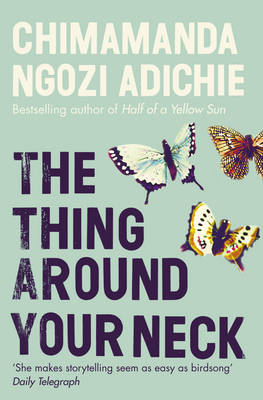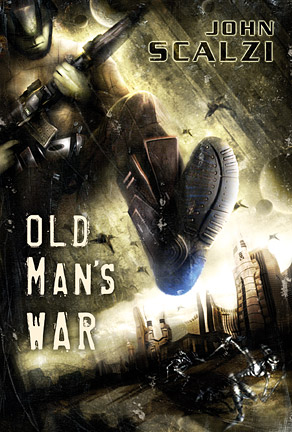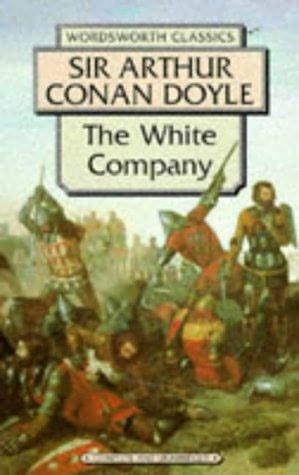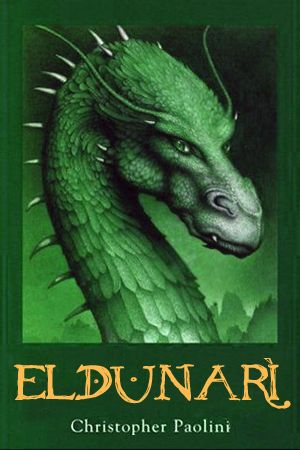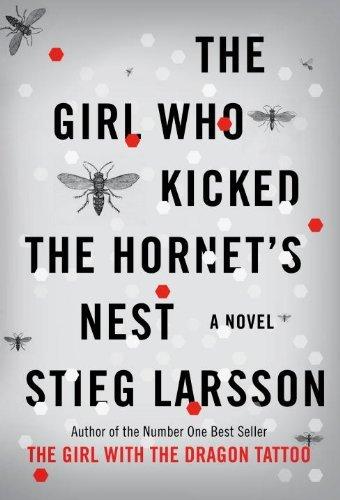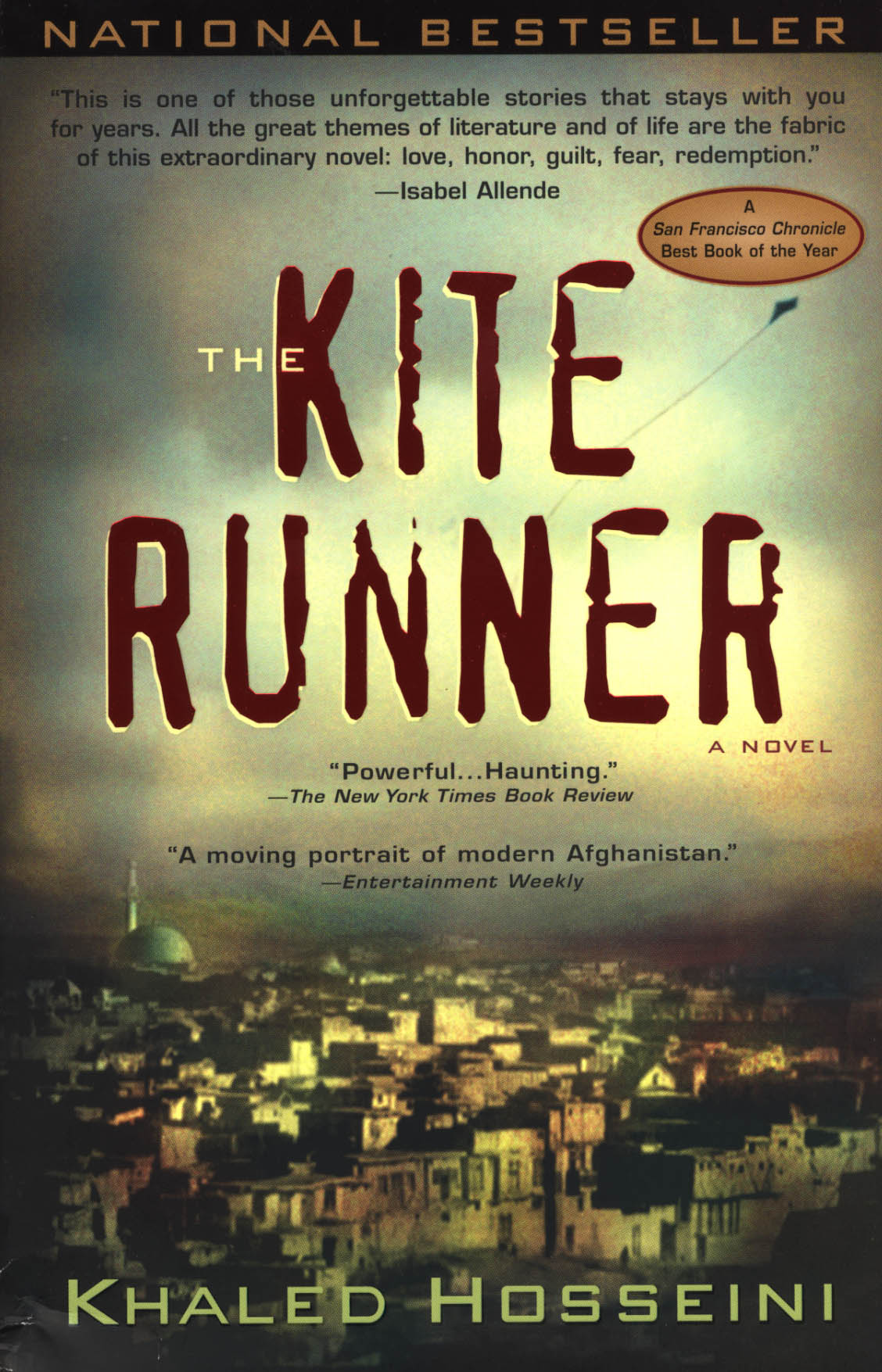|
In This Issue:
Selections From A Journal Abroad: Carnevale
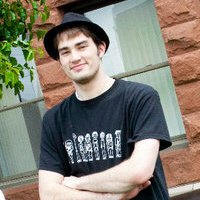 By
Alex Nall By
Alex Nall
“Venice is
like eating an entire box of chocolate liquors in one
go”
-Truman
Capote
March 4, 2011: We left for Venice by
train at 8:30 in the morning; our train was late and had
us in a panic that we had missed it. Jamie asked a flock
of nuns about the locomotive’s whereabouts, knowing that
they couldn’t turn us down; otherwise, God would smite
them for their copiousness.
We all got on the train about a
half-hour later and in an hour we made a stop in
Bologna. Our next train didn’t depart for another hour
and a half, so we toured the city. We found muddy parks;
pitched tents selling second-rate Hot Topic apparel,
toiletries and bongs; a piazza with an arc of comics
displayed in the center on the roundel, the affable hero
in this comic being an anteater. Before we knew it, we
were back on the train, as if magic swept us from the
gray atmosphere of the city. I listened to the Chemical
Brothers on the way and sketched some passengers on the
train, including one of a little girl that stood right
next to me and examined my portrait of her as she waited
to get of the train.
When we passed
under a tunnel, we came out the other end into a fine
display of the natural oddity that is the weather. A
snowstorm was taking place—I don’t know where—and while
one side was clear, sunny and sprouting trees, the other
was under white snow and disguised by gray hazy skies
fleeting with white powder, a strange sight that made me
invent an island (kind of like the Cinque Terre islands
we visited) and assign a season to each quarter of the
island, a train running from them all. This way everyone
could be happy and just go from season to season as they
pleased. We arrived in sunny, warmer-than expected
Venice at 2 o’ clock. Abby and Carly bought a boat pass
that took them to the hotel, but Josh, Jamie, Hannah and
I chose to walk it, taking the scenic route to Hotel
Messner. How we made it there in fifteen minutes I have
no idea since we could barely remember the landmarks
around us (there aren’t many, so I was thankful that I
took photos of the various graffiti on the walls the
last time we visited). We had the worst map in the
history of maps. Venice is the Minotaur’s labyrinth. I
don’t know why we were so tired after riding the train
for six hours, but we were, so we rested awhile and made
a somewhat game plan for the night ahead of us. I was
also surprised as to how much Venice was different
without a guide, without an agenda and full of eager
masquers wearing some of the most extravagant costumes
I’ve ever seen. It’s good that I brought my camera with
me and took photos of them because I’m not sure I would
be able to describe them without visual aids.
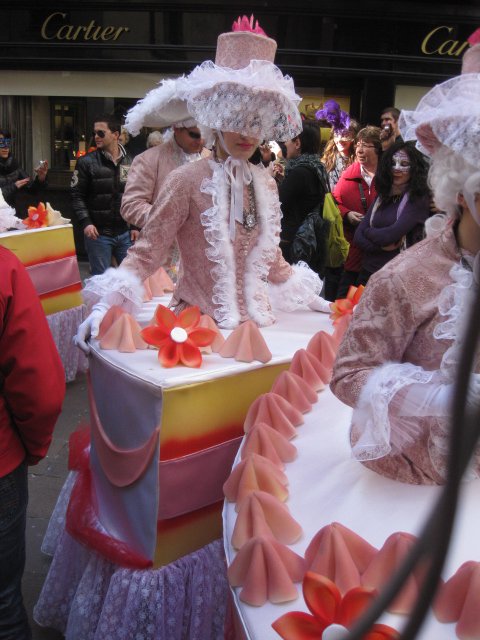 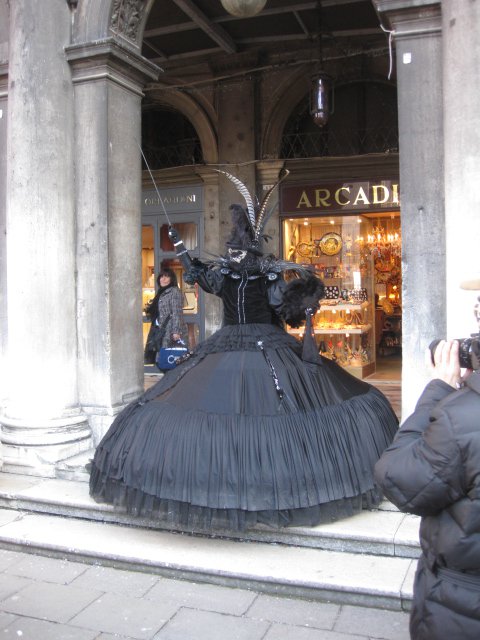 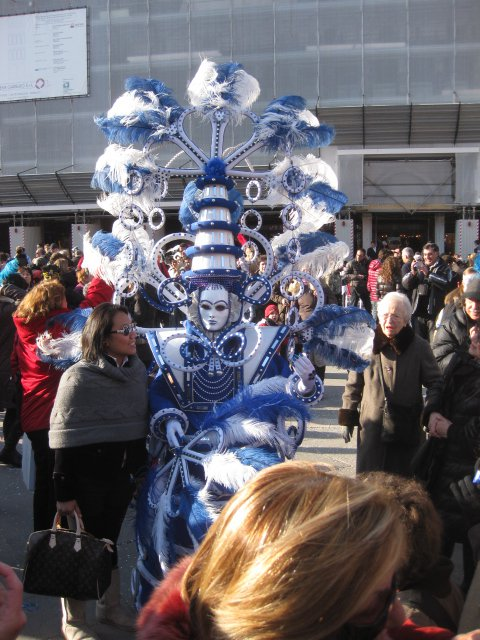
Everyone dressed for Carnevale is
doing it as a favor to the city, to the culture,
substituting Levi’s and t-shirts for corsets, gowns and
wicked hats. They all play a game of weekend theatre
that has no director, no script and everyone is the
star. They walk the streets and stop when someone wants
a picture. They pose and look regal while doing so.
These are professionals. There is a street band playing
on acoustic guitars, a cello, a violin and an accordion
and next to them is a lapse of the canal with a gondola
full of white wigged women in royal frocks fanning
themselves and cheerfully listening to the music in the
air. In Piazza San Marco there is a woman covered in
black, her abdomen tight, her ballroom dress a shade of
midnight too dark to be form this cosmos. She has falcon
feathers screaming form her small hat and she wilds a
magnificent sword, that she swashes left and right ‘Out
of my way!’ it cries! A forty-year old woman as a wolf,
looking for three pigs to blow down. The solar system
walks around holding his specter, a white sun beaming at the top, and his garb is in gold and the orange and
red planets encircle him on a track of crossed wires
attached with yellow gaffer’s tape. Men dressed as
women, in plaid pleated skirts, fashion victims to no
one, heroes to all. Their hair is straight and their
lipstick is red. They have prosthetic moles glued onto
their chins and their faces are painted white like a
baby’s innocence. Everyone had gigantic feathers poking
out of every pore: the hats, the cuffs, the lace, the
shoes; as I write four women walk by wearing red, blue,
yellow and green parakeet costumes.
The citizens of Venice want pictures
with these celebrities of the Carnevale! They mow others
down, their hands waving, shouting ‘Photo! Photo!’ And
the masquers simply pause, sometimes nod and pose for
the camera like any royal seventeenth-century denizen
would do. And the faces on these tourists are as jovial
as a child discovering sugar for the first time: It is
sugar. All of it. It’s high-octane substance decorated
to please and feed and fatten us up until we’re
overwhelmed and crash inexplicably onto the floor, ready
for more. A man as a green serpent, sticking out his
sliced tongue. A wicked gentleman in the guise of a
wicked red Satan. Children- little boys—growling as
dinosaurs do.
It goes on and
on and on until the sun disappears and everything turns
up ten notches. The blue lights that hang between the
walls of buildings illuminate the now
sardine-packed-tight alleyways, casting a lapis lazuli
glow on every body and costume. A sea of people washes
up into empty piazzas and locates a tall pillar to dance
on top of. Even if there is no band playing, the
masquers find their own way to make music. They sing
songs, clink their glasses and move at a ferocious
velocity that makes its own kind of sound—somewhere
between a howling wolf and an orchestrated ice-cream
truck. I can only think of it as Dylan describes
‘Desolation Row’: ‘At
midnight all the agents and the super-human crew come
out and round up everyone that knows more than they do.”
Cinderella, Einstein
as Robin Hood, The Phantom of the Opera, Casanova, the
circus is in town indeed.
We found live bands, vin brule (hot
wine with apple chunks), loads of new graffiti that has
been added to the walls since our last trip here a mere
three weeks ago; and a canal to relieve ourselves in
after being asked to pay a euro-fifty to piss in an
unkempt portico. The only thing that can keep us going
is ourselves and the will to live and once that is gone
then it as David Foster Wallace bluntly puts it: “A man
is already dead.” God only knows what the girl saw or
even if they’re alive. No one’s phone works. Mine died
on the trip over. It’s a savage Congo jungle filled with
apes and endless amounts of wine and chaos to feed off
of.
There is only
one word to describe the next night:
pandemonium; noun: wild and noisy
disorder or confusion; uproar; denoting the place of all
demons in Milton’s
Paradise Lost.
Yesterday’s streets were manageable and admiring, today
they are packed and nauseating. It is elbow to elbow the
entire way. It takes eight minutes to get to the end of
a street. Even if you push and shove your way out of the
hoard, there is a gold hoop skirt blocking your way. As
we inched our way forward we saw some more outrageous
costumes: a man with a gigantic snail shell, a clown
with a five foot polka-dot top hat, three pieces of cake
with pink frosting accompanied by a fork, a spoon and a
knife, Charlie Chaplin, and a flock of peacocks. Piazza
San Marco was like a rock and roll concert. No place to
move and music happening everywhere. Drum circles,
Indian tribal bands, dancing gypsies, and later at
night, folk Jewish Jazz bands take the stage.
Later, around 11:45, I got separated
from the group. I did not have a phone, a map or a
ticket to get across the canal. After waiting for ten
minutes at the piazza to see if they would come back
from, I made the stupid decision of going off in search
of the train station on my own. After finding the
Ritoldo, I somehow ended back at the hotel, which was
scary because there was no one over there. Any other
time would have been perfect, but the train departed to
the next station at 1:30 so there wasn’t any time to
stop and enjoy the silence. I did not have a watch
either—I left it back at the house because it had been
getting off more and more as the days continued and
became too much of a chore to remember how much time to
add for it to be the correct time. Stupidstupidstupid. I
waited for a boat at the cathedral near our hotel, but
was told later by a passer-by that the boats running
this way would go in the opposite direction of the train
station. I ran as fast as I could—ignoring the laughs of
many people, enjoying the tourist jogging in a black
overcoat, jeans with a blue backpack bobbing up and down
on his back, heaving and drenched in sweat. I made it to
the boat dock. The ticket booth was closed so I made the
risk of jumping a boat and paying a fine if I was caught
but it didn’t matter at this point because I was willing
to pay a random stranger to pull over and take m over
for any amount of money desired. Luckily, no one checked
for a ticket and I arrived at the station just before
the train was set to leave.
Everyone was
relieved to see I was all right, but they seemed like
they expected it to happen. Maybe I did too. All I did
was turn my back for ten seconds and then they were
gone. Never deviate from the group. Always have charged
phone. Know what you are doing and ask for help if you
don’t. It was a scary but awakening experience.
Everything worked out fine.
The train ride, however,
did not.
First, on our connecting
train to the station outside of Venice was packed to
every inch. People were pushing one another off to make
room in the cabin. All the seats were taken and they
didn’t start the train for another ten minutes while
people squirmed, cried and crouched down in any open air
to make room. Some guy had to take off his gigantic
costume and placed his hat on Jamie’s head until he got
his suit off. I couldn’t tell whether Jamie was amused
or had simply lost his sanity at this point.
When we arrived at the next station I
was parched and found a vending machine that sold water
bottles and the goddamn machine ate my euro and I had to
sip solemnly from Jamie’s frizzy water. Then Cuevas
bought a bag of French fires, which really made me lost
it for some reason. We were mad. It was a restless night
and as a last hurrah, and attempt at rebellion, we
crossed the three sets of train tracks to get to our
platform. The second train was even worse than the
streets of Venice. Not only was the train completely
packed, but also the only place to sit was in the
hallway, outside the glass compartments, some of which
had up to eight people piled up inside of them. When
someone had to go to the bathroom everyone had to get up
and let that person pass. Oh god we were going to die.
Curled in a fetal position, stuck on a grimy floor,
neck-to-neck with the person next to us, dozens of
crabby, hot-tempered some wild maniacs all hoarded like
cattle. I don’t know how we managed to get any sleep,
but we did and by the time we arrived in Bologna some
people had left the train and we got to have some seats
to sleep for the rest of the way. I didn’t have my i-pod
so I listened to the rushing screeches of the train
wheels on the metal tracks as I drifted into some
strange state between awake and asleep. When we did
arrive in Florence, no one said anything to anyone. We
simply shrugged at one another, not sure what day it
was, or what had been real and what had not.
The English Major's Boot Camp and How I'm Learning to Survive
By Stevie
Croisant
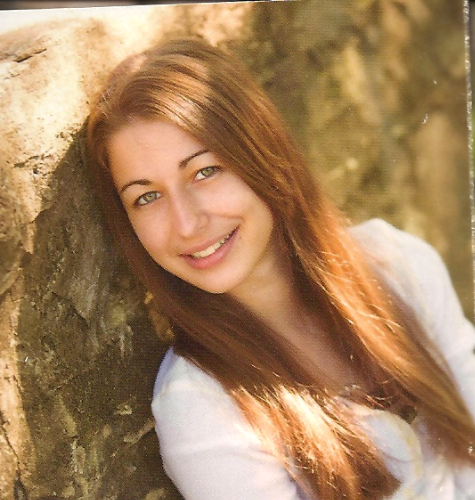
If you were to ask me a year ago what I
wanted to do with my life, I would immediately tell you that I
wanted to become an optometrist. Ever since second grade when I was
prescribed my first pair of glasses, I was fascinated with the
biology of the human eye. Years went by, and I still wanted to be an
optometrist, but a new passion was growing inside of me. I was
writing stories for the young author competitions in my area and
writing articles for a teen section of my local newspaper. I loved
writing, and I had always loved reading. However, when it came time
for me to choose a major, I was still set on the sciences. It was
obvious that a job as an optometrist was a smarter choice. I would
probably get paid a lot of money, and I would have job security for
the rest of my life.
When the time came to actually decide, I just knew something did not
feel right about entering a pre-med program. I wanted to be happy
with my choice, and I did not want to do something just because of
the money. I realized English was my true calling. I loved
everything about English. I was always that one student who didn’t
complain when it came time to read
Hamlet or
Macbeth for class. I was excited
to read
Beowulf or
Chaucer and Oscar Wilde and J.R.R. Tolkien soon became my favorite
authors in high school.
I couldn’t be happier with my choice to become an
English major. I learn something new every day-honest! My English
110 class was a challenge though. My high school didn’t really
prepare me for college writing, so I had to learn how to work extra
hard and learn things quickly. Now that I have English 200, the
class infamously known as the “English Majors’ Boot Camp,” I feel as
if I am learning so much each day. Never before had I taken a simple
fifteen line poem and broken it down into pages worth of ideas.
I am a little scared I haven’t cried because of
that class yet. I have heard from so many other English majors that
English 200 will make me cry at least once… If I haven’t cried yet,
then I am so nervous for whatever is coming! So far the assays and
paraphrasing exercises haven’t been enough to make me worry, but I
suppose the big research paper that is coming up could be the big
kicker.
I
feel as if I spend all my free time worrying about this next paper.
Besides the countless journal entries I am required to write and all
the annotating I have done, I have spent countless hours in the
library trying to find the right sources for my paper. I am writing
my paper on Flannery O’Conner’s
"The
Life You Save May Be Your Own,"
and the symbolism in that story is intense. Christian symbols,
weather patterns, and I am even finding that color references all
play a huge part in developing this story. Well, I haven’t cried
yet, and I am pretty positive that if I can make it through this
paper, then I can make it through the rest of English 200 without
shedding a tear. But who knows, Professor Hale might have some other
surprises after this paper that the other students haven’t warned me
about!
Even if there are surprises, I know I’m a
trooper! I’m just excited (and to be honest a little nervous) for my
future as an English major. My only goal is to keep learning new
things and to improve my writing, but what English major doesn’t
have these goals?
2011-2012 English Courses
Fall 2011
English 180: Introduction to Literature: Young Adult
Literature for the 21st Century
A general literature course for
non-majors that does not count for the English major or minor. It
is, however, cross-listed with the women's studies minor. Three
Credits.(Solberg)
English 200: Introduction to English Studies
A
gateway to the English major, this course is designed to introduce
majors to the broad range of scholarship and practice within the
discipline of English. Included will be emphasis on close reading
and research skills, as well as overviews of the history of the
discipline, creative writing, literary criticism and theory, and
vocational paths. Three Credits. (Watson)
English 210: Creative Writing
Practice in the
writing and critical analysis of imaginative literary forms,
especially poetry and fiction. Three Credits. (Bruce)
English 220: British Survey I
A historical survey
emphasizing literary and cultural developments in English literature
from the Medieval through the Neoclassical periods. Three Credits.
(Belschner)
English 224: American Survey I
One of two
introductory surveys in American literature emphasizing literary
movements, and cultural and historical developments in the
literature of the United States. Readings will include: native
American creation myths; explorer narratives; poetry, fiction and
non-fiction from such writers as Bradstreet, Cotton Mather, Edwards,
Franklin, Cooper, Emerson, Thoreau, Hawthorne, Poe, Whitman,
Melville and Dickinson. Three Credits. (Bruce)
English 310: Advanced Creative Writing
Students
write intensively in fiction or poetry, choosing their subject
matter throughout the course. Students sharpen their critical skills
by evaluating one another's work and by investigating contemporary
writing and publishing. Three Credits. (Bruce)
English 350: 20th Century Poetry
This is really going to be a “Modern
Poetry” course. The concept of “modern” is nothing new, since each
age struggles with how to balance history against the always-forming
present. For this course, though, “modern” will have a pretty
specific use: “modern” includes anything written from the
fin-de-siecle until about forty years ago. And though I’d thought
about doing this as a modern British course (my specialty) or even a
modern American course, I’m actually doing it as a modern
international poetry course, since many of the modern writers, no
matter what their nationality, were reading each other and writing
in reaction. We’re going to look at a mess of those folks and see
what we can learn about modern poetry as it was practiced in the
last century. Authors covered include: Rilke, Valery, Yeats,
Eliot, Hikmet, Stevens, Auden, Brathwaite, Rich, and Tsvetaeva.
Three Credits. (Willhardt)
English 350: Victorian Culture and
Literature
We will
examine, analyze, compare and contrast novels, stories, poems,
music, paintings and children’s literature from the Victorian Period
and strive to discover qualities, methods, and themes that make the
works of the era distinctive and even question the logic of
interpreting works in terms of period. We will also connect the
objects to the social, historical, and cultural events and trends
that are contemporary to our selections and examine the interplay
between art and “real life.” This section will meet with Brian
Baugh’s Victorian Culture and Art class and education professor
Craig Vivian will bring an interest in children’s literature to our
class. Students will participate in a number of hands-on experiences
(creating art, making food, engaging with Victorian technology) to
simulate “the Victorian frame of mind.” Three Credits. (Hale)
Spring 2012
English 180: Introduction to Literature: Illinois
Authors
“Home is Where the Heartland Is” is a study of Illinois through its
literature--fiction and non-fiction examples from throughout the
history of the state, ranging from Southern Illinois to Chicago.
The course will also look at the folklore and music of the
state while studying the concepts of literary analysis.
The course is designed to explore what it means to be an
Illinoisan or to gain a clearer understanding of the concept if not
a native Illinoisan. The
course will also reflect the history, politics, religion,
philosophy, education, sports, music, and day-to-day life of the
state during the semester.
Students will gain an appreciation for the resources the state has
to offer, both natural and manmade, while exploring the positive and
negative aspects of life in a Midwestern state known for Abraham
Lincoln and Chicago.
Students will also gain knowledge of the history of the state, along
with exposure to various native Illinoisan authors who have been
published through the years. Three Credits. (Roberts)
English 200: Introduction to English Studies
A
gateway to the English major, this course is designed to introduce
majors to the broad range of scholarship and practice within the
discipline of English. Included will be emphasis on close reading
and research skills, as well as overviews of the history of the
discipline, creative writing, literary criticism and theory, and
vocational paths. Three Credits. (Belschner)
English 201: Grammar
A course that gives
students practice in fundamental English grammar. Emphasizes basic
skills, not theory. Three Credits (Roberts)
English 210: Creative Writing
Practice in the
writing and critical analysis of imaginative literary forms,
especially poetry and fiction. Three Credits. (Bruce)
English 221: British Survey II
A historical survey emphasizing
literary and cultural developments in English literature
from the Romantic through the Modern periods. Three
credits. (Hale)
English 225:
American Survey II
An introductory
survey focusing on poetry and fiction written after the
Civil War and before American involvement in the Second
World War. Included are works from such writers as Jewett,
Wharton, Twain, James, Kate Chopin, Crane, Pound, Robinson,
Frost, Anderson, Stevens, Eliot, Fitzgerald, Hemingway, and
Faulkner. Emphasis on literary, cultural, and historical
movements. The course is a continuation of English 224, but
may be taken alone and without regard to sequence. Three
Credits. (Watson)
English 250: Shakespeare on Film
Shakespeare on Film can only be
taken by students who are co-enrolled in English 361 Shakespeare
Comedies and Histories. The class meets once/ week to view film
versions of the play read in English 361 and to discuss and read
critical essays on the films. One Credit. (Belschner)
English 299:
Writing Fellows
This course is an
introduction to the tutoring process, as well as basic
pedagogical and developmental strategies for teaching
writing. Course requirements will include readings in
composition/tutoring theory and practice as well as tutoring
in the Mellinger Teaching and Learning Center. Two Credits.
(Draxler)
English 301: Advanced Composition
Better
entitled “Literary Nonfiction” this course is a complement to the
two creative writing courses offered by the Department. A
craft course, we will work on understanding the various subgenres of
literary nonfiction by reading widely and writing copiously.
The idea is to learn to tell true stories, but tell them as if they
were fiction, keeping in mind ways to generate character, scene,
plot, and that most elusive of all elements, style. Three Credits. (Willhardt)
English 347: Modern American Drama
Modern
American drama is the subject of the course. We will read and
discuss as works of literature several twentieth-century American
plays, using reader response and new critical approaches to the
texts. We want also to understand and appreciate these plays as
performed dramas, and to that end we will use “reader’s theater,”
our own video productions, and professional films to highlight
analysis of character, dialogue, stage action and craft. Our goals
in the course are several: 1) to experience plays variously: as
readers, spectators, actors and directors; 2) to develop analytical
vocabulary and skills pertinent in discourse about dramatic
literature; 3) to identify and describe important characteristics
and qualities of modern American drama; 4) to explore through the
plays we read central developments in American literature and
culture in the twentieth century. 3 Credits. (Watson)
English 350: Early Modern Women
In this course, we will explore women's roles in the early modern
period, focusing on the years of Elizabeth I's (1588-1603) and James
I's (1603-1625) reigns. Earliy Modern Women emphasizes historical
context, literary theory, and primary texts from various genres. We
will examine autobiographical texts, poems both short and long,
drama, and non-fiction. We will read works by Elizabeth I, Mary
Wroth, Isabella Whitney, Elizabeth Cary, Amelia Lanyer, and others.
The early modern dictum that women be "silent, obedient, and chaste"
was inherently contradicted by women writers. How did this influence
women's writing and their strategies for authorizing their voices?
We will examine women's legal and cultural status with an eye toward
the issues of speech and class. Writing empowered early modern women
by expanding the reach of their voices but how and to what end? In
what ways were women resisting, implementing, and/or creating power?
What were the aesthetic values of these early modern women writers?
How did they conceive of their writing within their historical
moment? 3 Credits. (Belschner)
English 362: Shakespeare II: Comedies and
Histories
Studies in Shakespeare's comedies and
histories. 3 Credits. (Belschner)
English 400: Senior Seminar
An intensive study of key literary periods and subjects. Required of
all senior English majors. 3 Credits. (Hale)
Survey Says!!!!

What book is on your To-Read list?

To Kill a
Mocking Bird by Harper Lee
-Presiana Yorgakieva
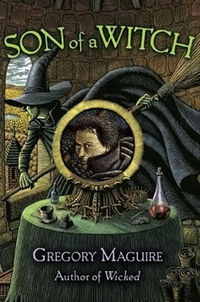
I think
the book at the top of my list to read would probably be
Son of a Witch by Gregory Maguire.
-Rissa Inman

To Kill a Mockingbird
by Harper Lee. I can't believe I've
almost gotten through a whole English degree without reading
it.
-Melissa Bankes
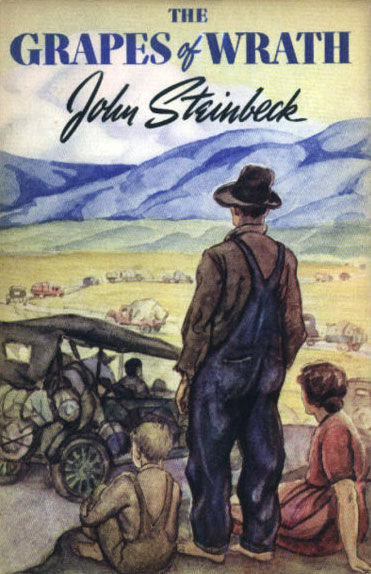
The Grapes of Wrath
by John Steinbeck
-Carly Maki
|

 By
Alex Nall
By
Alex Nall




